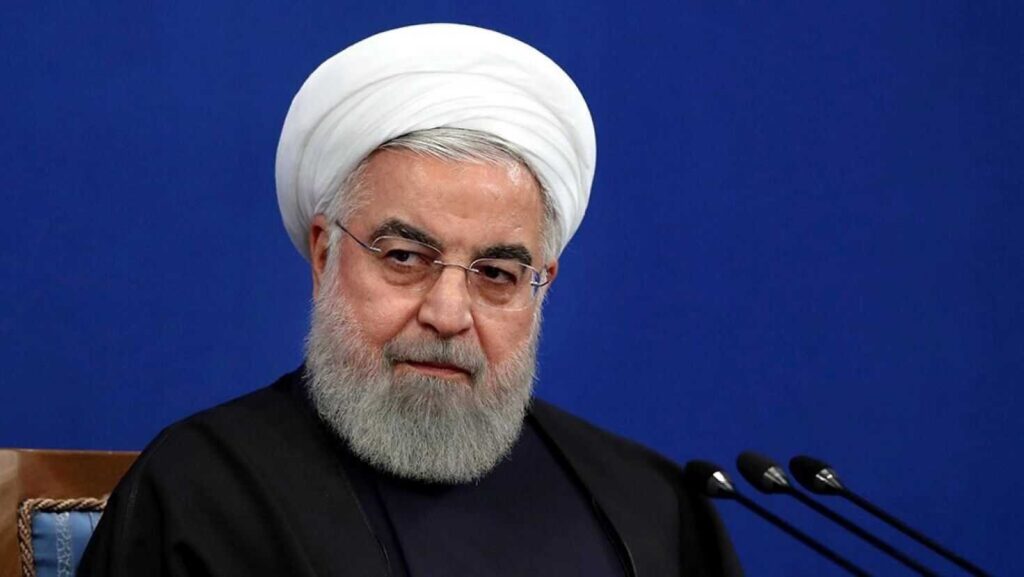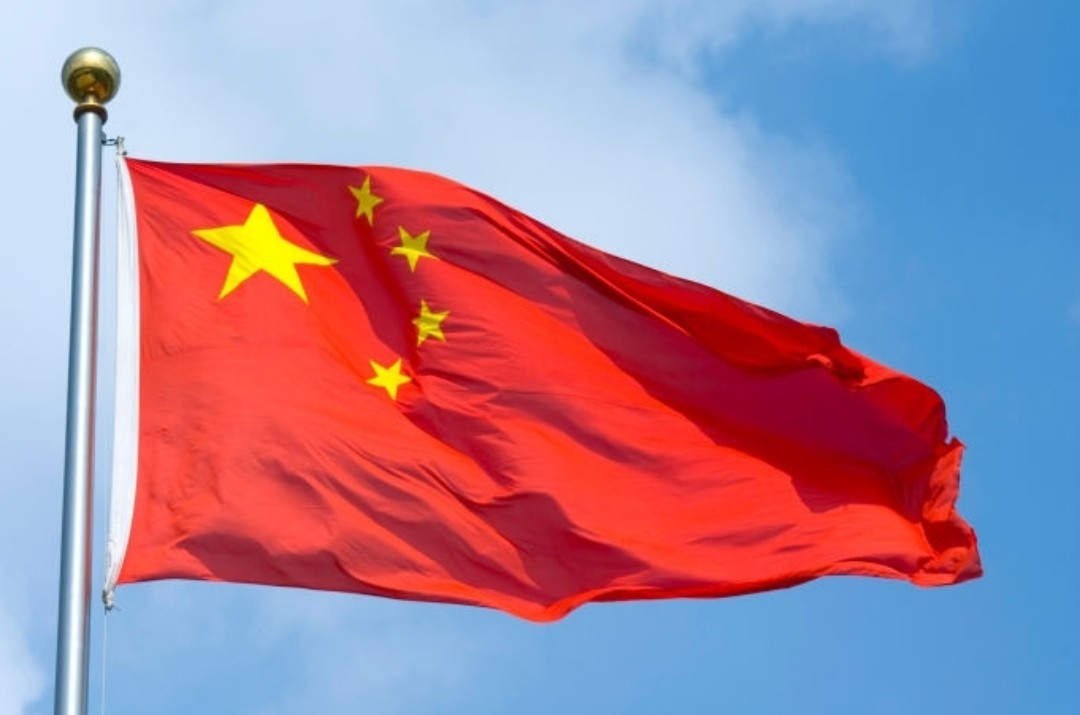Beijing is working on a strategic collaboration with Tehran and is supporting a nuclear program in Saudi Arabia, which west can’t afford to keep ignoring
The multiplicity of crises, from political to economic to coronavirus-related, is distracting Prime Minister Benjamin Netanyahu and Defense Minister Benny Gantz from an important shift in the Middle East, which has major implications for Israel’s security. Namely: China’s moves in Iran and Saudi Arabia.

When Netanyahu and Gantz talk about Iran, they dwell on the Iranian-Syrian axis and insist that the international community, especially the United States, should escalate the sanctions against the Islamic Republic. But this policy to which they and the entire Israeli defense establishment have been adhering becomes ever less relevant as indications mount that China is stepping up its involvement in Iran and Saudi Arabia. This has been happening as the United States weakens and also because U.S. President Donald Trump doesn’t hide that he has no interest in the Middle East malaise, mainly because the U.S. doesn’t need Arab oil as badly as it used to, and because he isn’t committed to maintaining an American military presence in the region. This is also glaringly evident in Russia’s re-engagement with Syria and recently with Libya as well, and its sale of weapons to Egypt and Saudi Arabia.

But China isn’t strengthening only as a corollary of America’s declining global status. It also stems from China’s far-seeing strategy and long-term vision aimed to gain it the pole position as the world’s greatest power.
In June, Iran approved a draft agreement for a 25-year strategic collaboration with China on economic and security-related issues, worth about $600 billion ($17 billion a year). Under the agreement, Iran will sell oil to the Chinese at a discount, in exchange for which it will receive priority for Chinese investments in initiatives involving banking, transportation, energy, communications and technology. Russia is also working on a similar strategic 20-year treaty with Iran.
What should perhaps worry Israel most of all is the Chinese-Iranian plan to form a joint commission for developing weapons and scientific collaborations, including in cyberwarfare, as part of a Chinese move to step up its intelligence and military presence in the entire Middle East, including in Israel. Further evidence of its aspirations is the military exercise it held in the Indian Ocean in late 2019 with the Russian and Iranian navies.
It bears stressing that it remains unclear whether the Iranian-Chinese agreement will be signed, because Beijing has hinted that it is not pleased with Iranian leaks about the treaty.
Apparently Riyadh, under the leadership of Crown Prince Mohammed bin Salman, realized that if it wants to block Iran from developing nuclear weapons, its salvation won’t come from Trump or Netanyahu; and it may be signaling that it has also decided to embark on the nuclear road.
About a week ago the Wall Street Journal reported that Saudi Arabia has a facility for extracting uranium yellowcake from the uranium ore mines in its territory, and that it built the facility with China’s help. Saudi Arabia stated years ago that if Iran develops nuclear weapons, it would too. About a year ago the brother of the Saudi crown prince, Prince Abdulaziz bin Salman, who also serves as the energy minister, said that his country wants to purchase knowhow in order to achieve control of all the components and stages of the nuclear process. In the past Saudi Arabia tried to purchase nuclear reactors for electricity generation, which would have also given it the knowhow, technology, equipment, materials and infrastructure for a potential military program. The United States was willing to accede to the request but conditioned it on a Saudi commitment not to build facilities for uranium enrichment. Riyadh refused. Israel maintained silence.
The Saudis know that if the U.S. doesn’t build the nuclear power reactors for them, Russia or China would be happy to do so. As its oil reserves dwindle, it’s only natural for Saudi Arabia to want to diversify its energy sources and build nuclear reactors. The question is whether it will also build facilities to enrich uranium, and other sites to necessary to enhance the nuclear program. In that connection China is a familiar supplier for Saudi Arabia, having sold it long-range missiles in the past. Another optional supplier would be its ally Pakistan, which has nuclear weapons.
(Except for the headline, this story has not been edited by Kashmir Today staff and is published from a syndicated feed.)

